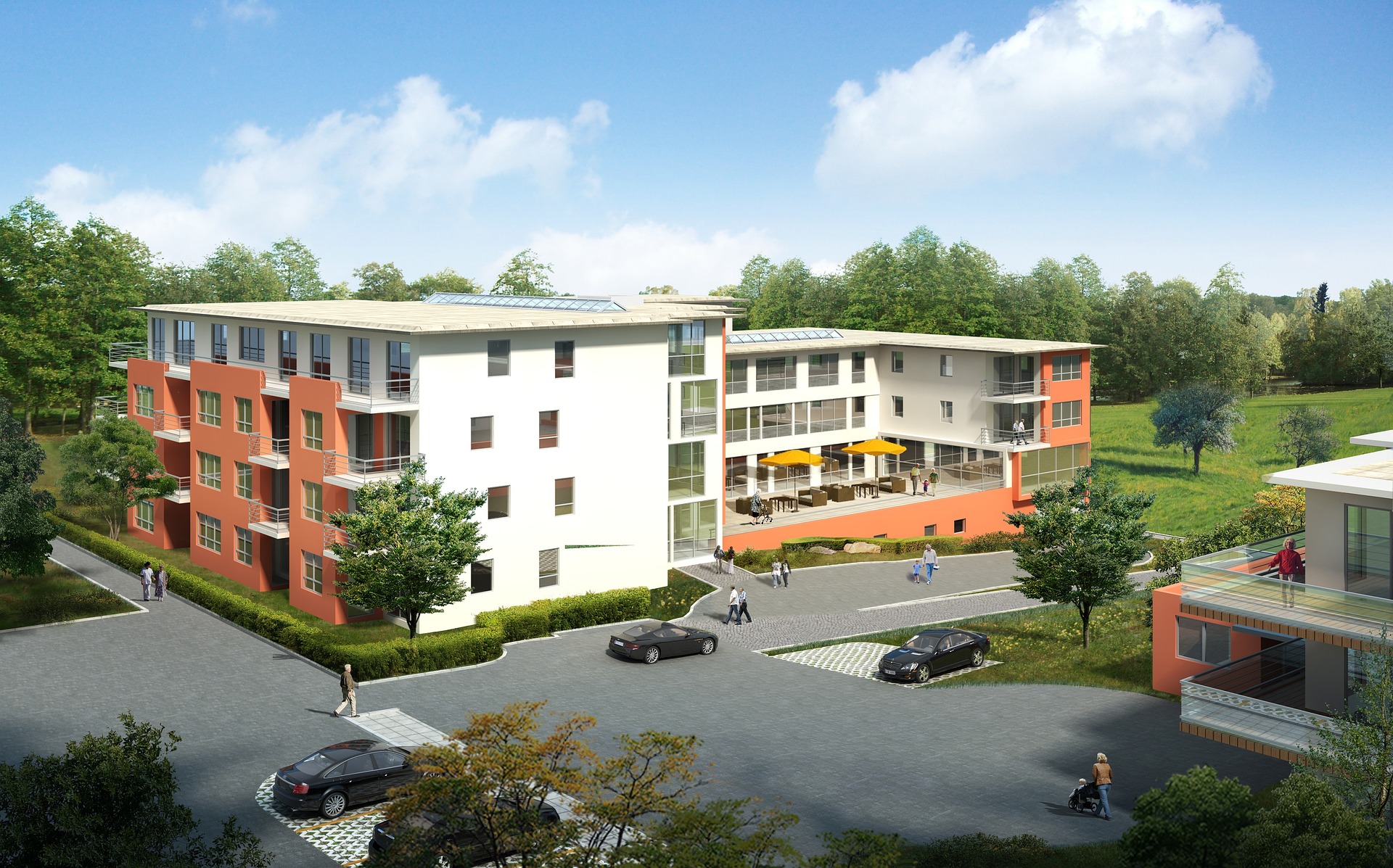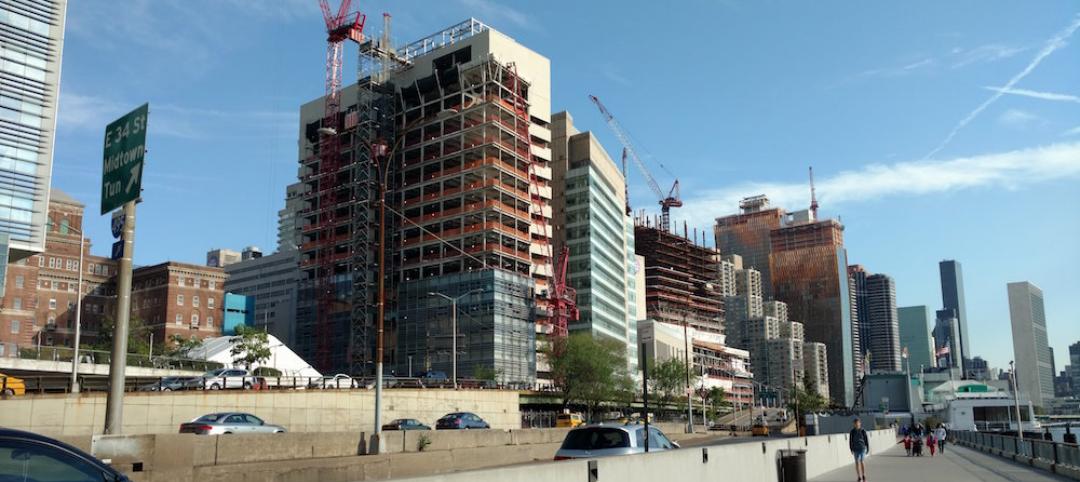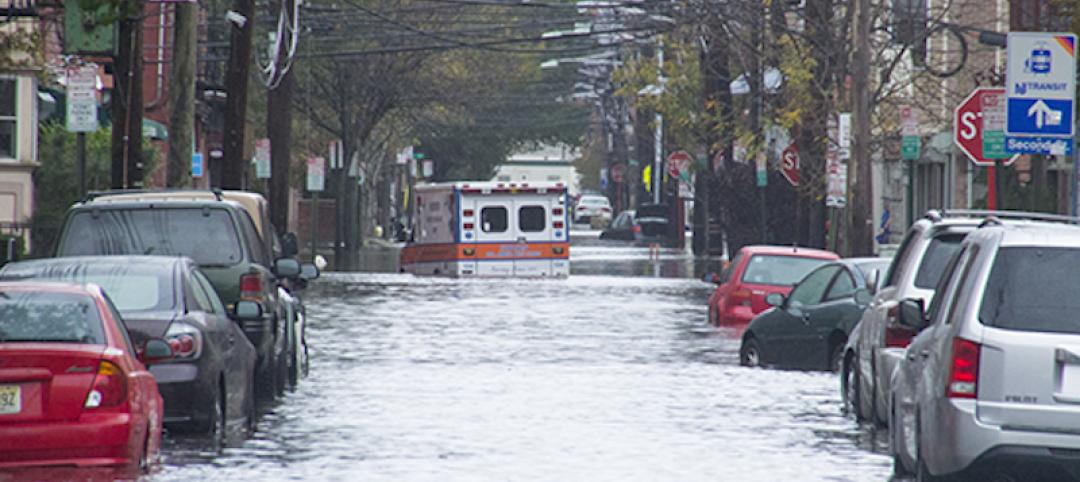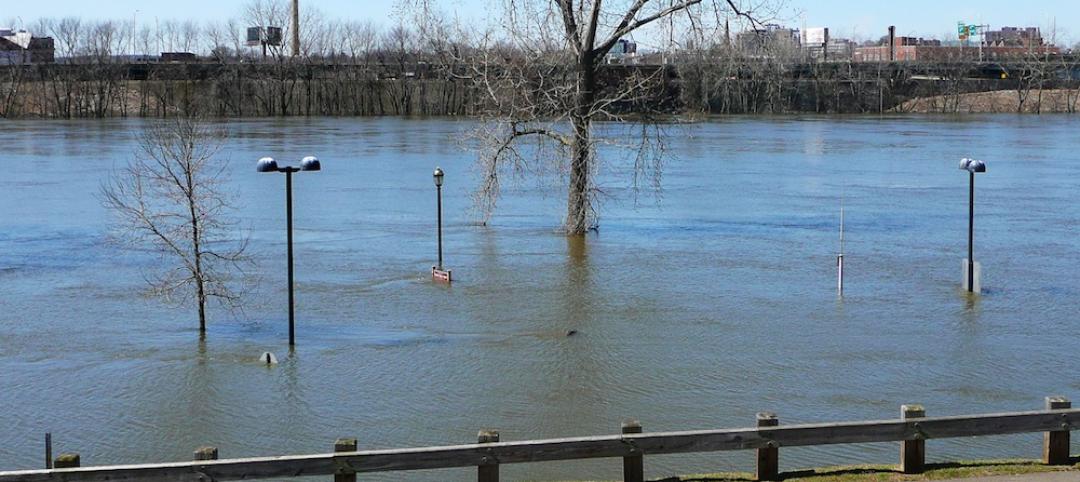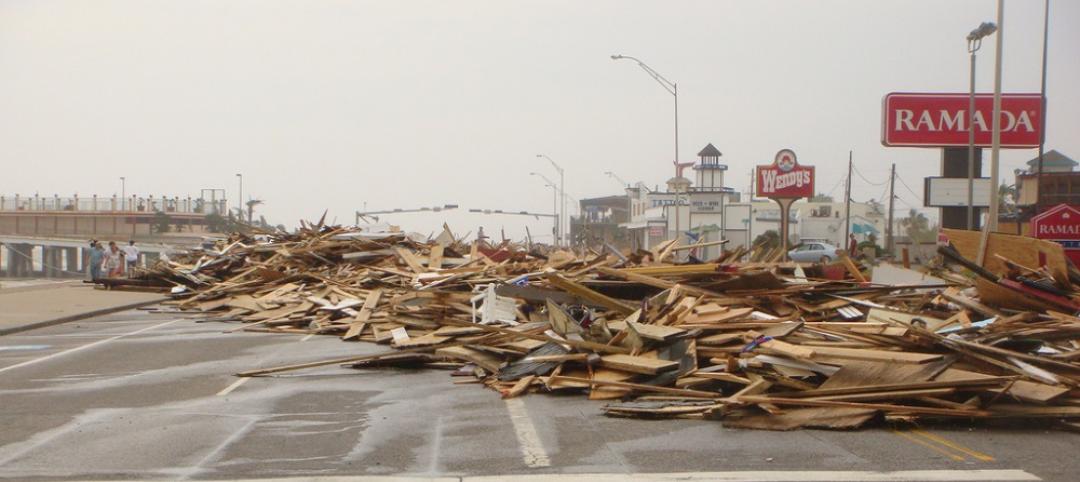Phius recently released, REVIVE 2024, a retrofit standard for more resilient buildings. The standard focuses on resilience against grid outages by ensuring structures remain habitable for at least a week during extreme weather events. It also aims to achieve zero operational carbon emissions while minimizing embodied carbon.
It also addresses common indoor air quality concerns, such as mold, radon, and poor ventilation. Where necessary, it also fortifies buildings against site hazards such as hail, wildfire, and high winds.
The standard was designed to encourage widespread adoption of Phius passive building principles, which are suitable for buildings in all climates. REVIVE 2024 uses advanced software to develop customized retrofit solutions for each project.
Key components of REVIVE 2024 include:
Resilience-focused planning: Emphasizes resilience as a critical safety feature, particularly in adapting to extreme weather events.
Parametric analysis software: Introduces new tools for conducting parametric studies to identify optimal solution packages that meet resilience standards while minimizing life cycle costs.
Carbon emission goals: Aims for zero operational carbon emissions and considers embodied carbon, aligning with broader sustainability objectives.
Enhanced quality assurance: Implements a robust quality assurance process to ensure all retrofit measures are executed as designed.
Related Stories
Resiliency | Jul 27, 2016
New York’s resilience plans not taking long-term view, critics charge
Continued waterfront development may be regretted later this century.
Resiliency | Jul 18, 2016
Impact fees on development proposed to fund Miami’s rising sea level resiliency plans
$400 million flood plan includes new valves, pumps, and raised roadways.
Resiliency | Jun 1, 2016
Federal agencies boost standards for more resilient construction
HUD, FEMA, GSA, Army Corps of Engineers make policy changes.
Green | May 31, 2016
Miami Beach requires developers to meet green standards or pay a fee
Applies to structures larger than 7,000 sf.
Resiliency | May 12, 2016
Resilience Building Coalition releases progress report
The coalition released a set of guiding principles to help the building industry adopt resilient design and policies. Since the initial signing, the coalition has added 19 new signatories.
Architects | May 11, 2016
AIA to create a resilience curriculum for architects
The program will teach resilient design and decision-making on hazard mitigation, climate adaptation and community resilience.
Legislation | May 11, 2016
Two bills seek to expand flood insurance policy writing to private carriers
Thanks to new floodplain maps, this market, previously the sole province of a federal program, looks more profitable.
Resiliency | May 2, 2016
Connecticut to develop new code standards for resiliency
Expected more frequent severe weather events due to climate change prompts review.
Resiliency | Apr 6, 2016
Houston at high risk for major damage from hurricanes
After a decade of study, little has been done to improve resiliency.
Resiliency | Mar 24, 2016
HGA and Perkins+Will join National Resilience Initiative Network
The Minneapolis offices of the two firms will partner with the University of Minnesota College of Design in the Upper Midwest hub of the NRI network.



